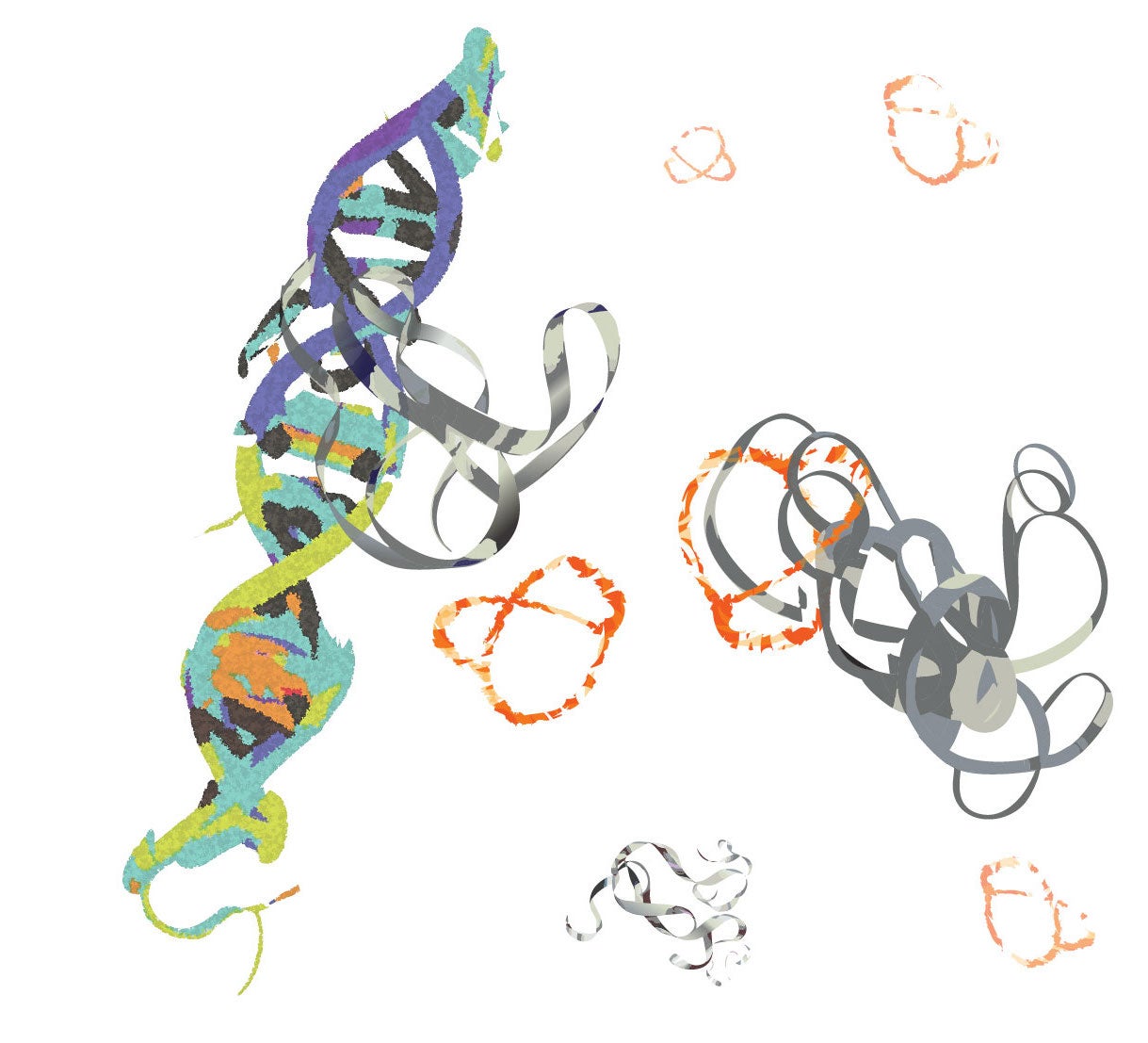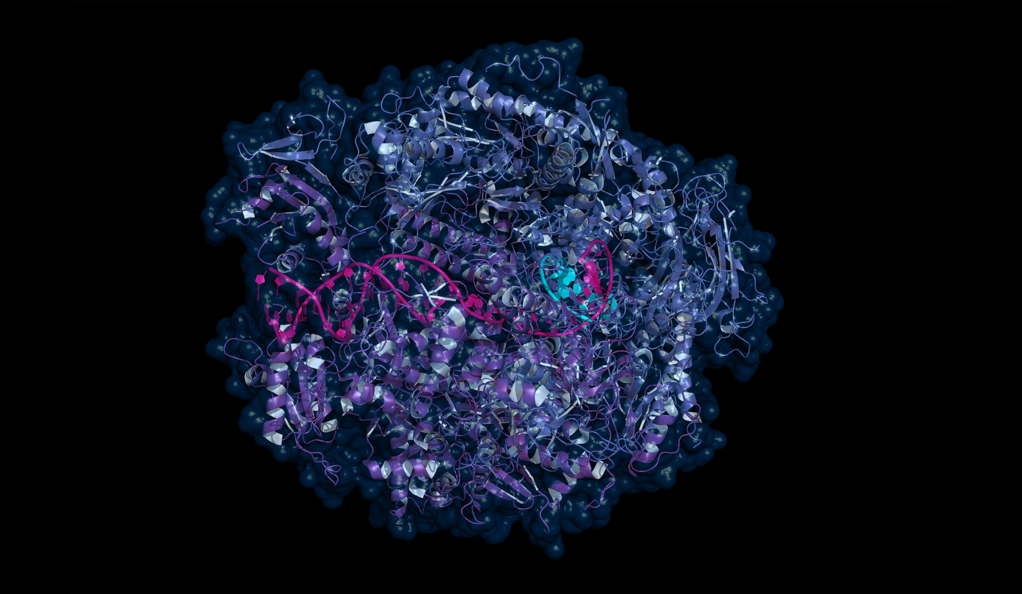
Discovery opens window to more effective treatment. Meet MYC, the shapeless protein responsible for making the majority of human cancer cases worse. UC Riverside researchers have found a way to rein it in, offering hope for a new era of treatments.
In healthy cells, MYC helps guide the process of transcription, in which genetic information is converted from DNA into RNA and, eventually, into proteins.
“Normally, MYC’s activity is strictly controlled...
Read More









Recent Comments